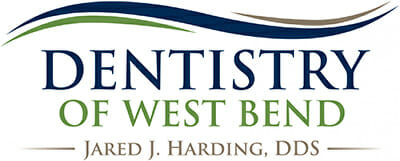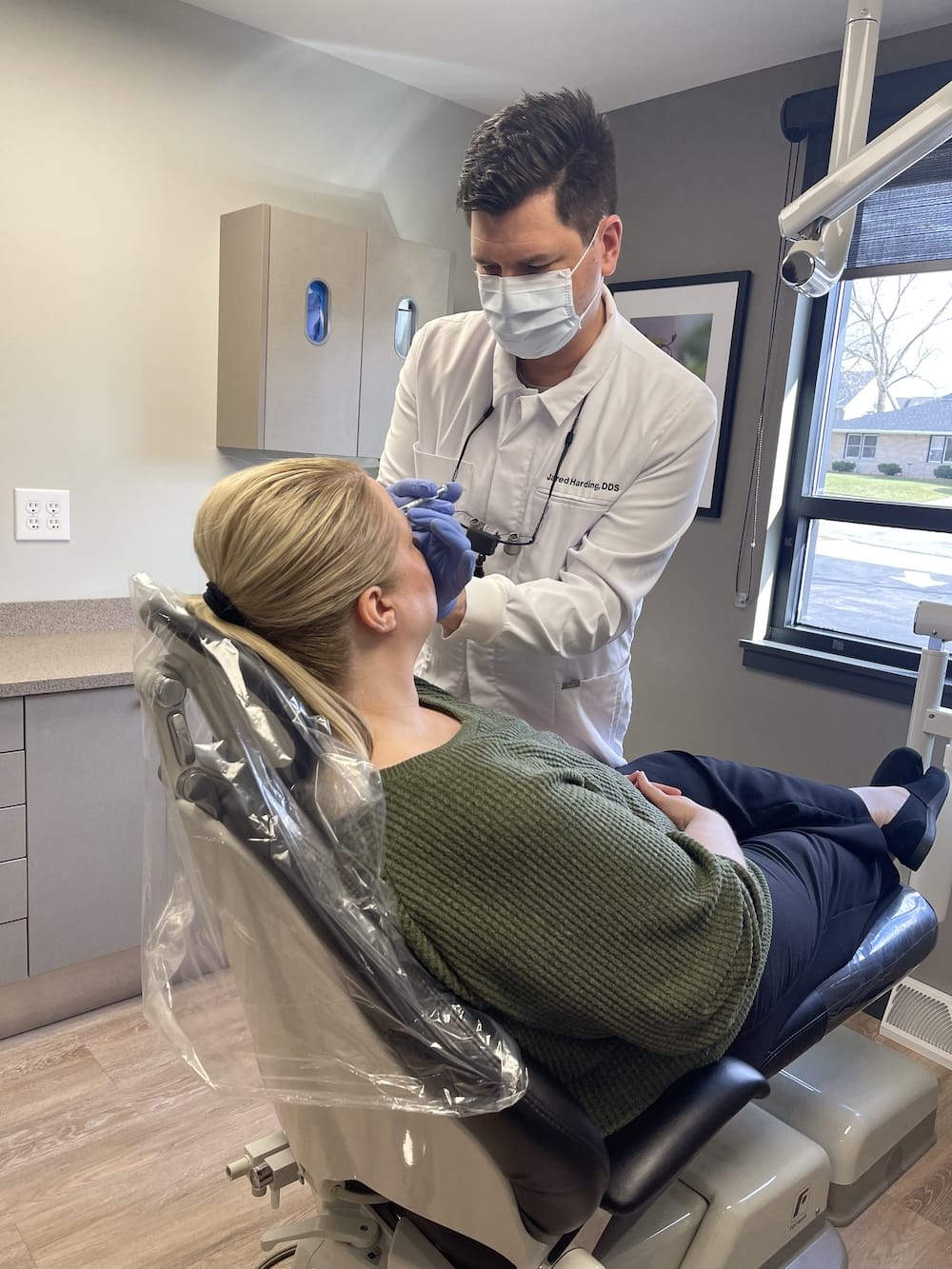Renewed Confidence: Botox Solutions for Dentistry
Botox, also known as Botulinum toxin, is widely recognized in the beauty sector for its capacity to diminish facial wrinkles and fine lines. In addition to its cosmetic advantages, Botox has gained significance in dentistry, with an increasing number of dental offices incorporating it as a useful solution for treating different dental issues. Dentistry of West Bend offers top-notch Botox injections, emphasizing our proficiency and dedication to patient well-being.
Introducing Botox as a Revolutionary Solution in Dentistry
When used in dental treatments, Botox works by blocking nerve signals in specific muscles, leading to muscle relaxation. This mechanism is particularly beneficial in addressing various dental issues related to muscle tension and hyperactivity. Botox injections, also known as Botox treatment, can provide targeted relief for patients, improving their dental health and overall well-being.
The science behind Botox in dental care
To understand the science behind Botox in dental care, it is essential to know the basics of Botulinum toxin. Botulinum toxin is a neurotoxic protein produced by the bacterium Clostridium botulinum. When injected into specific muscles, it blocks the release of acetylcholine, a neurotransmitter responsible for muscle contraction.
In dental care, Botox can be used to target specific muscles that cause dental issues such as temporomandibular joint disorders (TMJ) and bruxism (teeth grinding). By blocking the nerve signals in these muscles, Botox promotes muscle relaxation, reducing the strain on the TMJ and protecting the teeth from the harmful effects of grinding.
Identifying Common Dental Concerns and the Role of Botox
In dentistry, patients may face common dental concerns. These concerns range from functional issues like temporomandibular joint disorders (TMJ) and bruxism (teeth grinding) to aesthetic concerns like gummy smiles and facial asymmetries. Botox is crucial in addressing these concerns by providing targeted relief and aesthetic improvement. By understanding the role of Botox in managing these dental concerns, patients can achieve renewed confidence in their dental health and appearance.
The challenge of TMJ disorders and bruxism
One of the most significant applications of Botox in dentistry is in managing temporomandibular joint disorders (TMJ). TMJ disorders can cause considerable pain and discomfort for patients, making it challenging for them to perform simple tasks like chewing or speaking. With Botox, dentists can achieve muscle relaxation, reducing the strain on the temporomandibular joint. This relaxation relieves the patient, alleviating pain and healing the joint.
Another common dental concern is bruxism, commonly known as teeth grinding. The excessive clenching and grinding of teeth can lead to tooth wear, fractures, and even damage to dental restorations. Botox can be crucial in managing bruxism by relaxing the jaw muscles responsible for teeth grinding. Doing so reduces the intensity and frequency of teeth clenching, protects the teeth, and promotes overall oral health.
Relief from TMJ pain and headaches
In addition to TMJ pain relief, Botox has also emerged as a potential treatment for chronic migraines. By strategically injecting Botox into specific areas of the head and neck, it is possible to reduce both the frequency and severity of migraine attacks. This happens as Botox relaxes muscles and blocks pain signals that can trigger migraines. For those grappling with chronic migraines, this treatment offers renewed hope for a more comfortable life.
Aesthetic concerns in dentistry: Gummy smiles and asymmetries
In addition to addressing functional dental concerns, Botox can also significantly improve aesthetic concerns in dentistry. Two common aesthetic concerns are gummy smiles and facial asymmetries.
A gummy smile occurs when a significant portion of the gums is visible when a person smiles. Botox injections can address this concern by targeting the muscle responsible for lifting the upper lip while smiling. By injecting a small amount of Botox into this muscle, the visibility of the gums can be reduced, resulting in a more aesthetically pleasing smile.
Facial asymmetries can also be improved with the help of Botox. By strategically injecting Botox into specific facial muscles, Dr. Harding can achieve a more symmetrical appearance, enhancing the overall aesthetic of the face.
Why Choose Dentistry of West Bend for Botox Injections?
When it comes to Botox injections in dentistry, choosing a dental practice that prioritizes patient safety and offers personalized care is essential. Dentistry of West Bend is the ideal choice for Botox injections for several reasons.
Firstly, our team consists of experienced healthcare professionals who are well-versed in the administration of Botox. We prioritize patient safety and ensure precise injections, minimizing the risk of adverse effects.
Secondly, we provide comprehensive consultation and personalized Botox treatment planning. We take the time to understand our patients’ unique needs and tailor the treatment plan accordingly. This personalized approach ensures that each patient receives the best possible outcomes from their Botox treatment.
Schedule Botox Treatment Consultation at Dentistry of West Bend
Ready to enhance your smile? Schedule a personalized Botox treatment consultation at Dentistry of West Bend today. Dr. Harding specializes in botulinum toxin injections for therapeutic and cosmetic purposes, ensuring your safety and satisfaction. By choosing us, you benefit from our expertise in the precise administration of Botox.
Whether you seek relief from TMJ pain, headaches, or desire to address aesthetic concerns such as gummy smiles or asymmetries, our team is dedicated to tailoring a treatment plan that meets your unique needs. Experience the transformative effects of Botox under the care of our skilled professionals. Call us today to schedule time with Dr. Harding at 262-334-0316.
Frequently Asked Questions
How long do the effects of dental Botox treatments last?
The effects of dental Botox treatments can vary from person to person. Generally, the results of Botox injections can last anywhere from 3 to 6 months. However, individual factors such as metabolism and muscle activity can affect the duration of the effects.
Can anyone receive Botox treatments at the dental office?
Botox injections should only be administered by qualified healthcare providers, such as Dr. Harding. Certain medical conditions or contraindications may affect the suitability of Botox treatment for an individual.
How does Botox complement other dental procedures?
Botox can complement other dental procedures, enhancing their effectiveness and overall results. In cosmetic dentistry, Botox can be used alongside treatments such as veneers or dental implants to achieve optimal aesthetic outcomes. By relaxing specific facial muscles, Botox ensures that the patient’s smile appears natural and harmonious.

